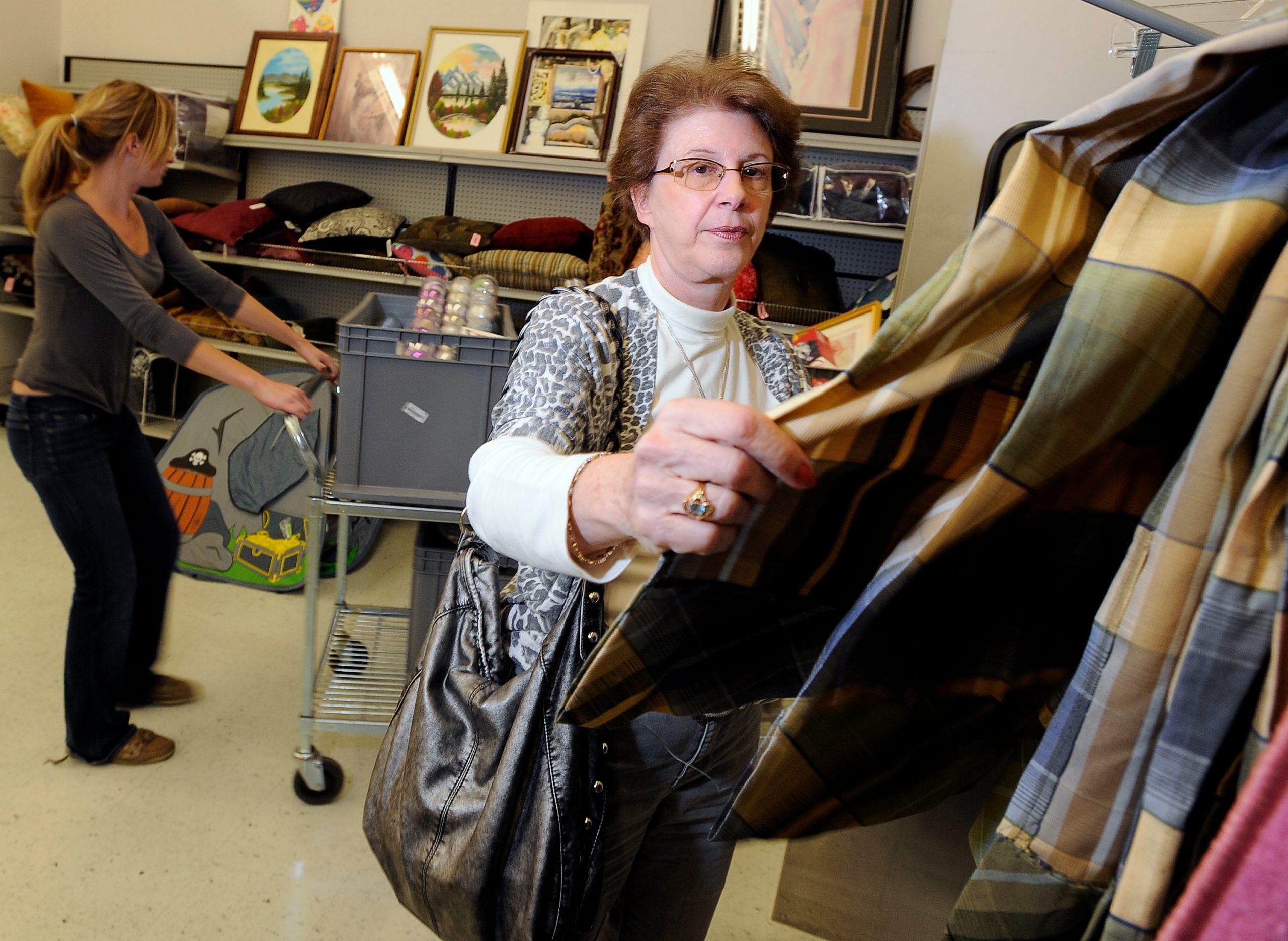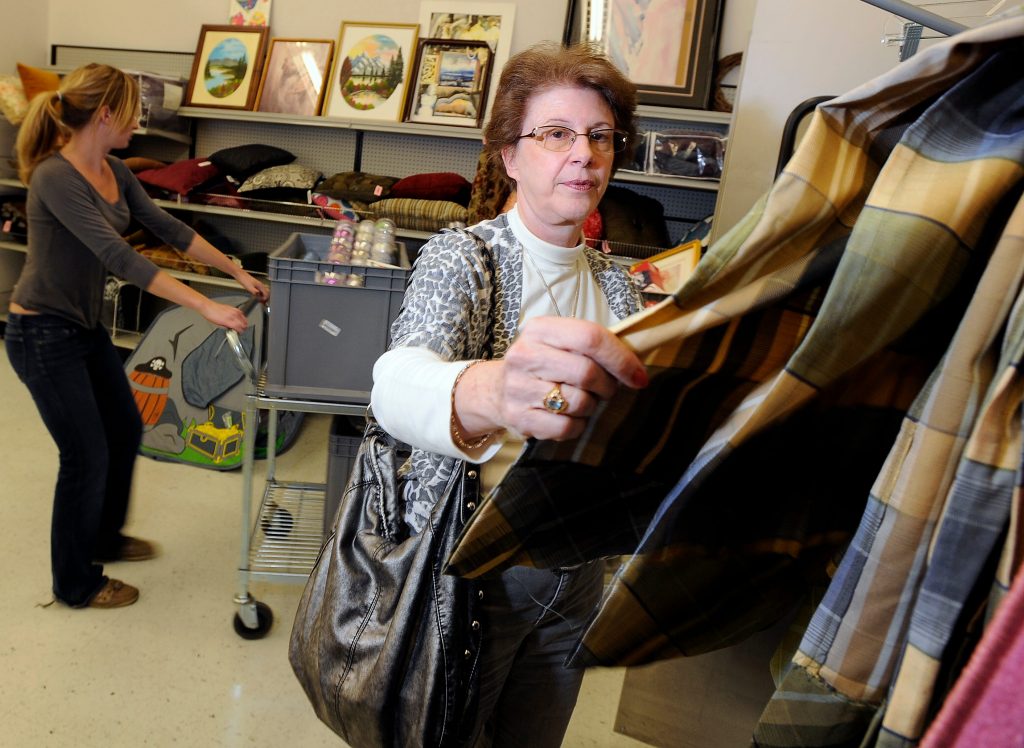
- The secondhand economy is getting a boost from the supply-chain crisis.
- Sellers told Insider that more people are willing to buy used goods than before — from couches to holiday gifts.
- One Poshmark seller said he may reach $1 million in sales as big retailers run low on inventory.
Holiday shoppers have officially found a way around supply-chain delays and shortages: buying used goods.
"I've had people specifically say 'we just moved here and there are six months delays for Pottery Barn, Restoration Hardware … and we just can't wait that long to have a dresser,'" Leslie Jarrett, who sells flipped furniture on Facebook Marketplace, told Insider.
"Why wait three months to find my dresser when I could just go pick it up tomorrow?"
Shannon Jean, who sells purses on Poshmark and eBay, told Insider that supply-chain backlogs have both hurt and benefited his resale business. On the supply side, inventory is more difficult to come by. On the flip side, he's been able to sell more bags at higher prices, even if they're damaged or blemished.
Before this year, most customers would try to bargain over discounts, Jean said. Now, everyone just wants to know how fast he can ship it.
"Because I have them and the retailers don't, my sales have really increased," he said, adding that his business may hit $1 million in sales this year. "People are just like 'oh my gosh, I can't believe you have it.'"
And shoppers aren't just buying the purses for themselves — they're purchasing them as gifts. Jean told Insider that he fields "way more" questions about gifting than before.
In a recent survey by Mercari, three in four of the American adults polled said they expect to buy at least one secondhand item this holiday season.
"Our research suggests that 20 million people in the U.S. will shop secondhand as a way of avoiding supply chain issues and we estimate they will contribute $7 billion in resale revenues," Mercari CEO John Lagerling said in a press release.
Executives at AptDeco and Fernish, two companies that rent or sell furniture through a circular business model, told Insider that the secondhand economy's growing popularity is really about shifting consumer attitudes toward used products.
"This consumer behavior is not just because of the supply chain," AptDeco CEO Reham Fagiri told Insider. "The supply chain just accelerated the shifting sort of perception of used."
Fernish President and COO Kristin Smith told Insider that November has been an "incredibly strong" month for her furniture-renting business and that they're still trying to figure out why.
"Right now we're in a mindset as consumers of access versus ownership. And that is true with cars and media and our closets," Smith said. "There is this ethos for consumers right now where it's like 'hey, I don't have to own things. In fact, owning things kind of ties me down.'"
